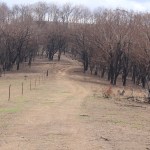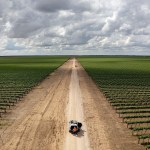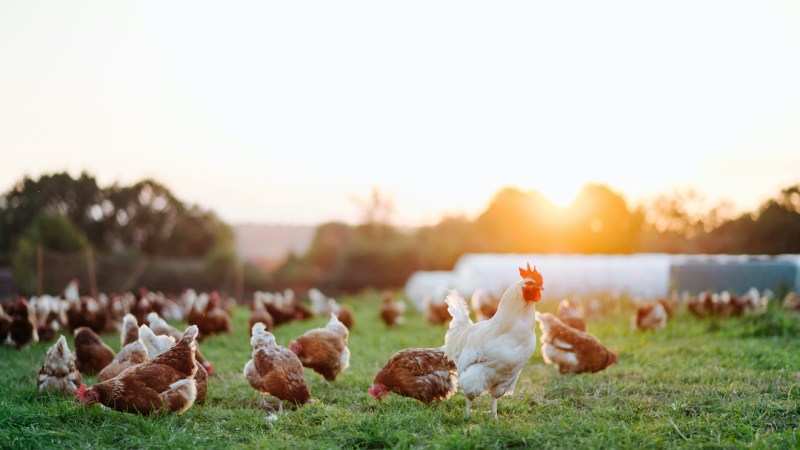NSW Farmers is inviting all farmers hit by the 2019/2020 bushfires to fill in a…
2024 Federal Budget fails to deliver for farmers

Lack of adequate funding leaves farmers struggling with rising costs and infrastructure challenges
NSW Farmers has expressed disappointment with the 2024 Federal Budget, revealing a continued shortfall in necessary funding to support rural industries across the state.
Among the biggest concerns were the increasing costs and production challenges facing landholders, which the budget did not adequately address. While farmers were supportive of improving traceability, they needed federal funding to avoid bearing the financial burden of following traceability reforms for sheep and goats.
Overall, there wasn’t a huge amount of good news in the budget; here’s a look at the “wins and losses.”

Wins:
The Future Drought Fund was a welcome investment into a variety of programs to increase the resilience of farmers during drought, even if the $519 million price tag wasn’t all new money.
NSW Farmers acknowledged any measures to improve the productivity of agriculture during challenging climatic conditions was a good move.
But according to NSW Farmers Economist Samuel Miller, the downside was the funding was spread out across several years.
“While it sounds like a lot of money, the Australian Government is allocating that money over eight years, which spreads that out over a fairly long period of time,” Mr Miller said.
“It’s good to have a consistent stream of funding to build up resilience to droughts and other challenging climactic conditions over time. But spreading out the funds is problematic because we know that droughts can happen at almost any time. We don’t know if the next drought is going to be in one year, or two years, or three years’ time.”
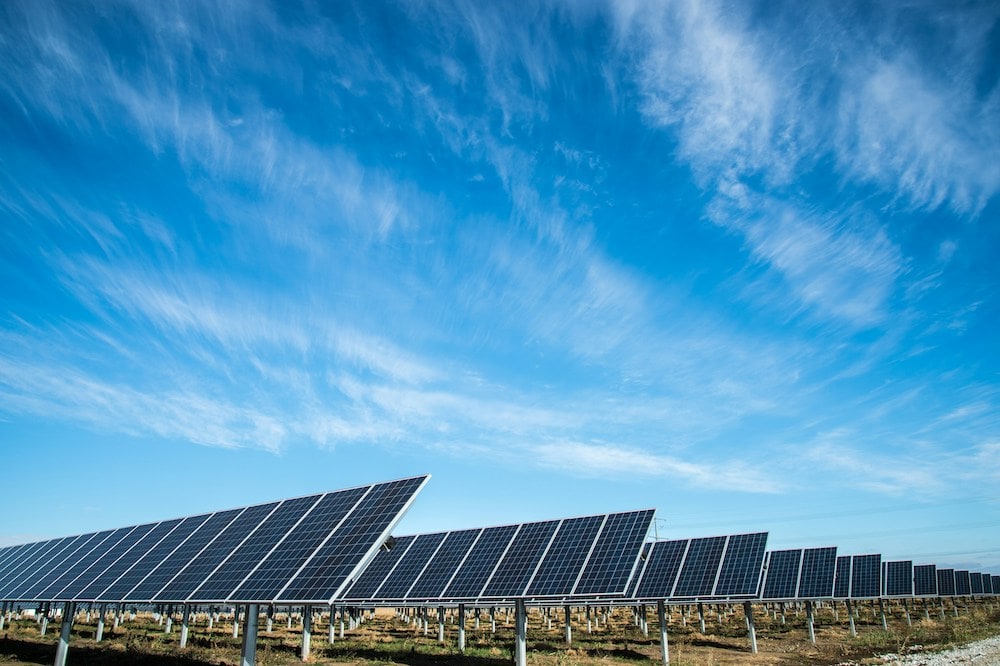
A Future Made in Australia
Another win for farmers was the Australian Government’s $22.7 billion “Future Made in Australia” package. There was a focus on strengthening the approvals process to assist energy transition and smooth the interactions with landholders and stakeholders in regional communities affected by that energy transition.
Mr Miller said a multitude of problems had arisen with energy companies eager to transition the economy to net zero.
“In the same breath, energy companies have occasionally stepped on the toes of landholders, which causes problems in communities. It causes frictions and, inevitably, it ends up getting in the way of that transition to net zero,” Mr Miller said.
“So, the government recognising that this is a problem and actually putting funding towards it, through strengthening the approvals process, is a good move.”
Instant Asset Write-Off
The instant asset write-off for small businesses was extended by 12 months to June 2025. And while multiple assets could be claimed, the maximum amount per asset was $20,000 – hardly enough to buy a ute, let alone a tractor. This could lead to farmers seeing fairer prices at the farm gate if the government stuck to its promise about competition reform. However, this was a minor satisfaction compared to the incredibly unfair market power and increasing challenges faced by landholders.
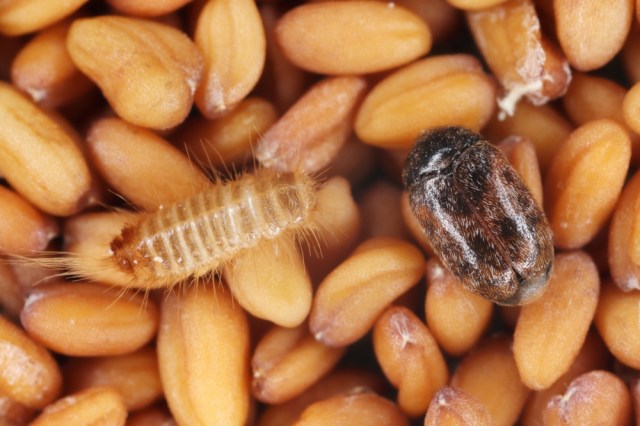
Losses:
When it came to losses, the 2024 Federal Budget made no secret it prioritised the Australian Government’s fiscal health over the financial wellbeing of farmers, leaving them at a disadvantage.
Biosecurity
In last year’s budget, the government indicated it would fund biosecurity reforms through a levy on farmers. According to Mr Miller, the Productivity Commission had said the government was relying too heavily on levies, particularly in agriculture.
“There has been a proliferation of levies that have increased over time. For example, for research and development purposes that directly benefit the agricultural industry. That’s fair – but where you have a levy which is essentially a tax on the people who are being impacted by the risks from biosecurity, with incursions imported from overseas, that flies in the face of the “polluter pays” principle,” Mr Miller said.
“In other words, the principle that the people who are generating the risks really should be the ones who are bearing the costs for that risk, not the people who are impacted by that risk.”
Mr Miller said the Australian Government did not appear to consider the fact that protecting Australia from biosecurity threats didn’t just improve conditions for farmers.
“Rather, it improves the conditions for everybody in the agricultural supply chain, between the farmer and the consumer themselves. So, it’s clearly unfair to just be nailing farmers to protect Australia from biodiversity incursions,” he said.
Mergers and Acquisitions
In relation to competition reform, the Australian Government seemed to have paid attention to the recent issues of market power imbalances raised by NSW Farmers, including the ACCC inquiries into issues surrounding the supermarket supply chain.
The 2024 Federal Budget revealed a provision of $13.9 million for reforms to address Australia’s current merger controls, the scope of the competition review, and other items to address competition.
But, according to Mr Miller, this fell short of what farmers wanted to see.
“We do welcome the funds for the reforms. However, it’s not necessarily the strong actions that we’d like to see with respect to legislative reform of the Food and Grocery Code of Conduct and for the ACCC to actually address issues of market concentration,” Mr Miller said.
“While this funding is welcome, it doesn’t necessarily go to the root causes of market concentration in supermarkets.”
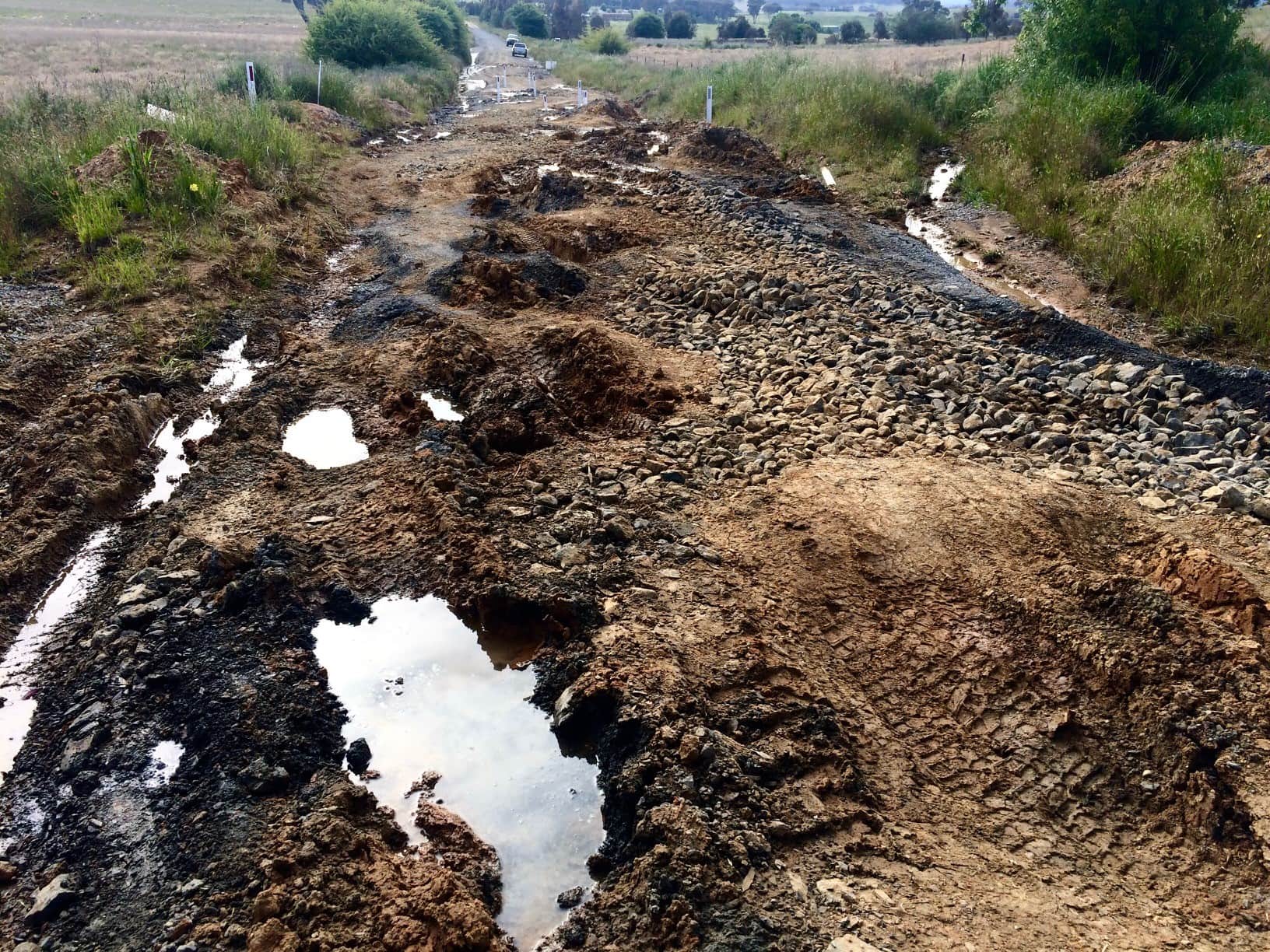
Infrastructure
The government had set out a substantial infrastructure pipeline of $120 billion for the next decade. Specifically, $101.9 million was designated for upgrading regional airports, and $40 million was set aside for implementing community wi-fi in regional and remote areas.
However, the 2024 Federal Budget offered little support to address critical issues, including rural roads and bridges which were in dire need of repair – effectively failing rural communities.
Other 2024 Federal Budget losses for farmers
Farmers were still at a disadvantage as the 2024 Federal Budget focused heavily on households in the cities, Mr Miller said, and what was missing from the budget was an investment in the future productivity of agriculture.
“The Australian Government has prioritised the Nature Positive Plan, climate initiatives, and the Future Made in Australia initiatives, but didn’t put much money towards the food grown in Australia in the future,” Mr Miller said.
“There is $1.5 million to improve existing arrangements for plant-based products and $1 million to attract graduates to work into agriculture. These are important issues. But will it shift the dial and increase the productivity of Australian farmers? Unfortunately, not really.”
For the latest in biosecurity news, avian influenza has resulted in half a million chickens being culled in Victoria and WA.


